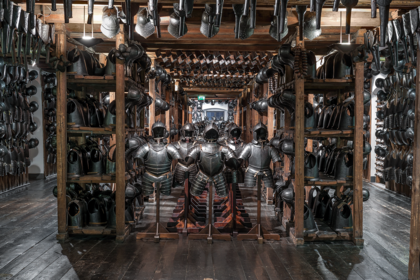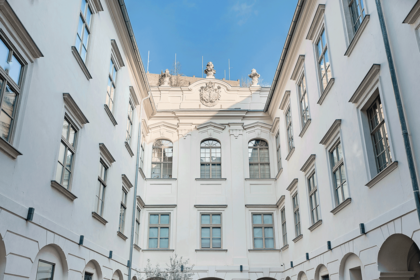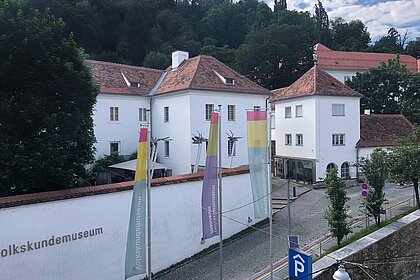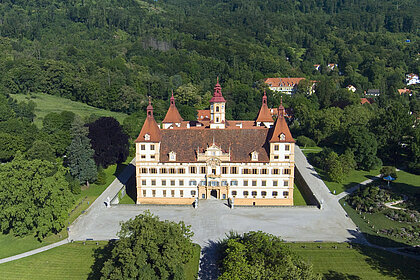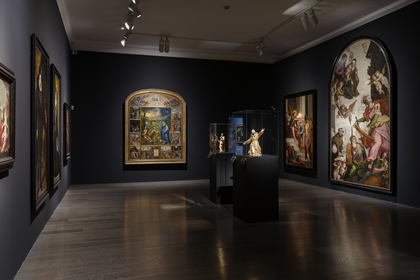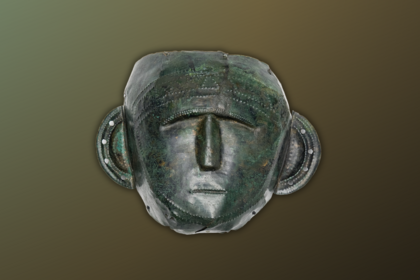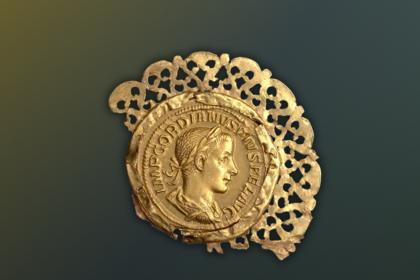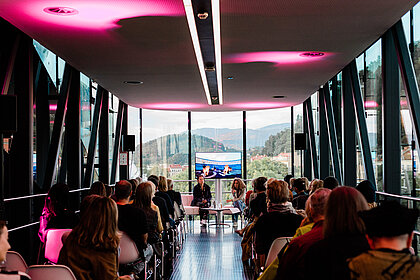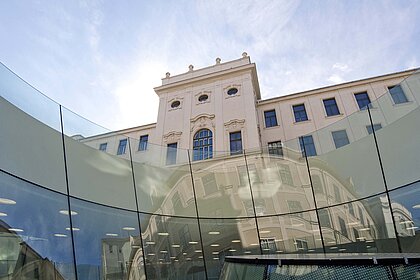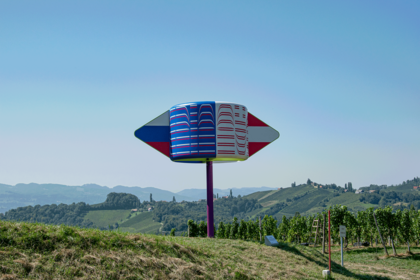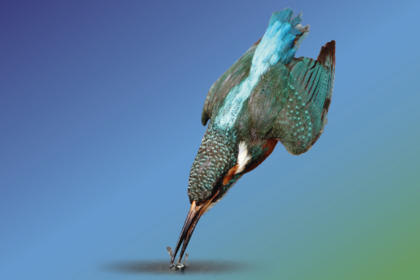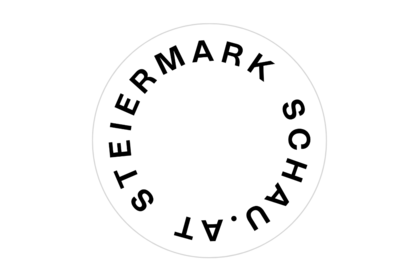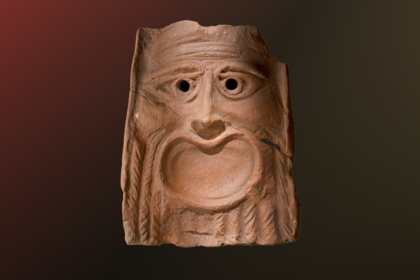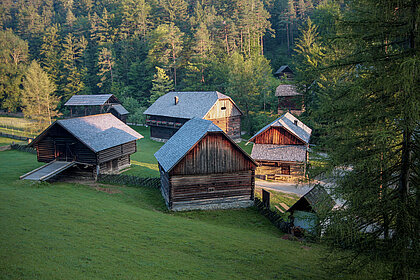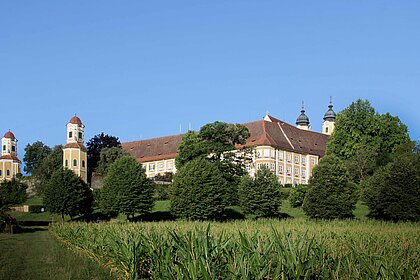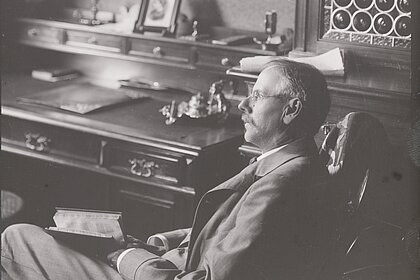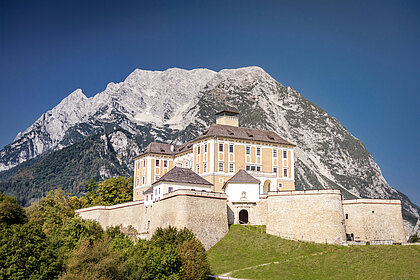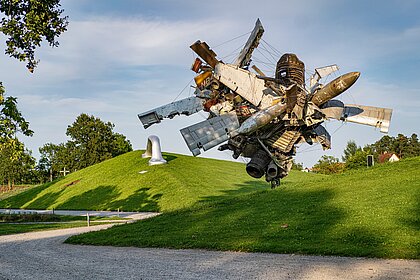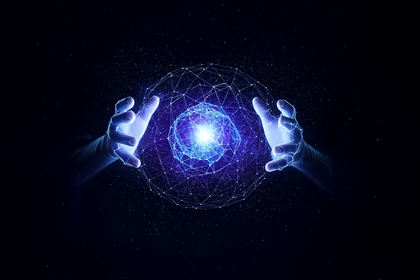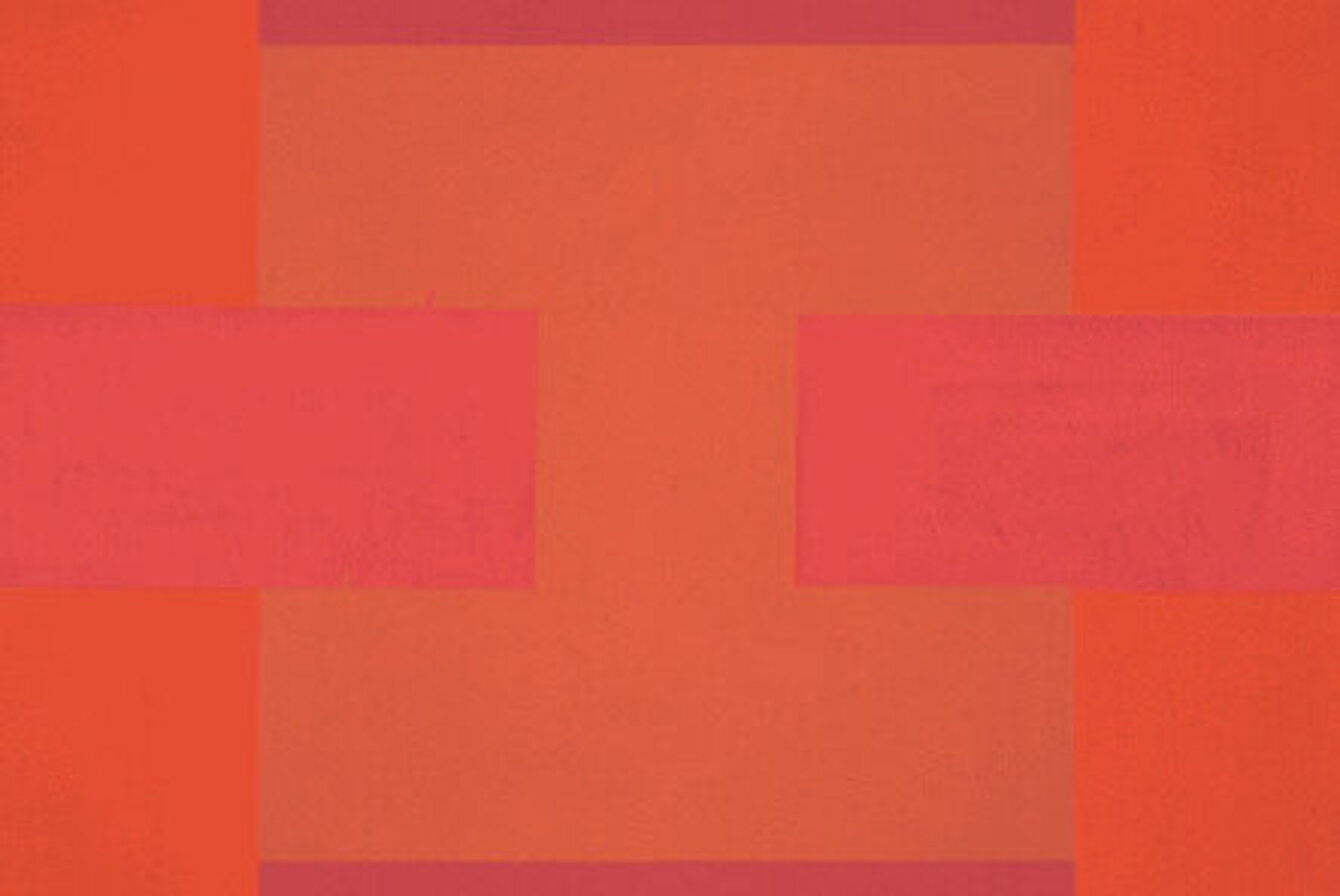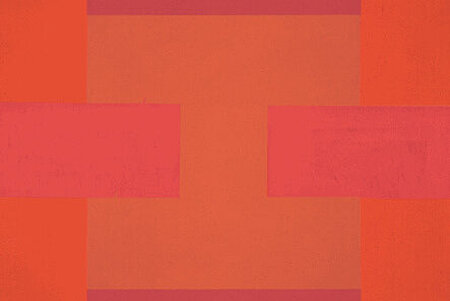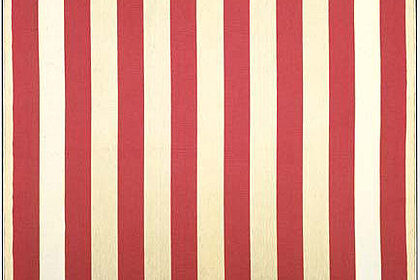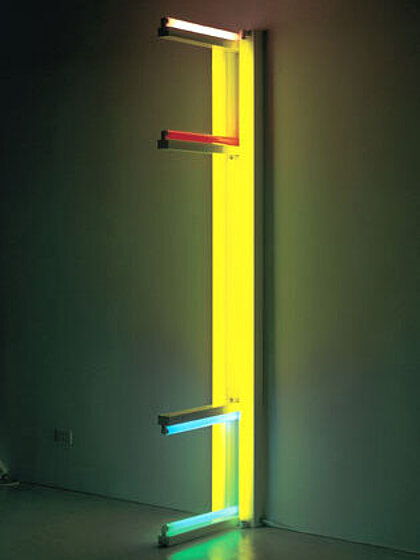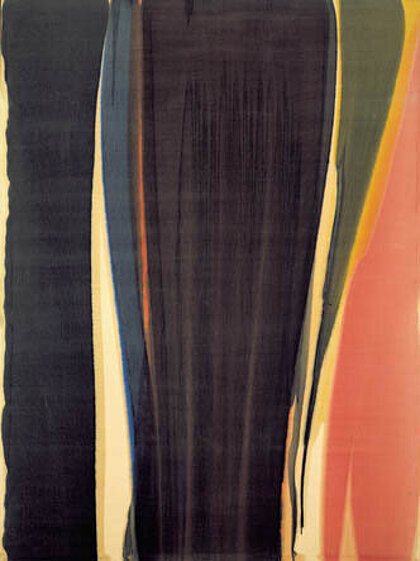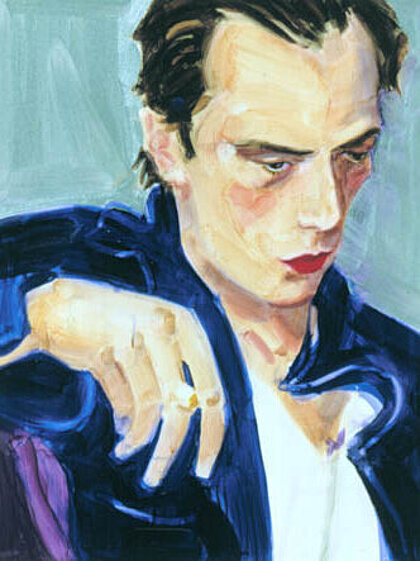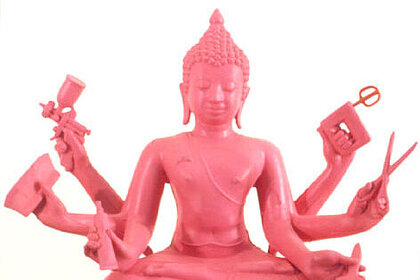He has a catalytic function, he influences other collectors, the art market and public museums. Collectors' museums are increasingly proof of this importance. In Austria we already have three major private collections which, as foundations, are public museums. Hence the private passion for collecting is to a critical extent assuming responsibility and honouring the duty the treatise between the generations that has been deserted by politics. Museums and collectors form part of the support system that ensures that works by artists both alive and dead do not disappear. In undertaking this role, private collectors are an indispensable help to every museum. Now more than ever this collaboration between the collector and the museum is shaping the future. So it is that the Neue Galerie has been cooperating with collectors for many years already. One of these collectors is the Vienna lawyer, Ernst Ploil. The Neue Galerie receives loans of works it could not afford to buy for itself. In particular Ploil's purchases of works from the classical neo-avant garde – such as Ad Reinhardt, Morris Louis or Dan Flavin – would scarcely be affordable for any Austrian museum and certainly not for the Neue Galerie either.
The private collector's passion is greater than the commitment of politics to art. Thus he acquires masterpieces whose ownership is a premise for the calibration of quality and innovation. The archive is the central authority of the modern age; it gives form to historical experience and utopia. It is however not the state that supports this expertise and establishes archives of quality; unfortunately the reverse is the case: the state serves only to destroy expertise. It is instead the collector who fulfils this role.
This exhibition presents a selection of the works that have over the years been bought in dialogue with the directors of the Neue Galerie. The exhibited works by international artists as well as works by Austrian artists provide in their vigour and quality a striking image of modern art.
The collection demonstrates a perception of the modern filtered through the post-modern. Contextual methods, intervening in the White Cube of a purely formal aesthetic of the modern with specific social experiences (Christian Philipp Müller, Gordon Matta-Clark, Dan Graham etc.) reawaken the critical power of incunables of the neo-modern. In this way the progressive relevance of contemporary art is not detached from the aesthetic experience, and the aesthetic experience does not get lost in favour of its epistemological relevance. The categorical residence of the artworks is just as open as its fields of action: whether it is (furniture) sculpture (Thomas Locher, Damien Hirst), installation (Julia Scher), painting (Elizabeth Peyton), or photography (Cindy Sherman, Louise Lawler), all of these media and genres are represented. Critical and analytical gestures predominate. Abstraction and concept of form do not serve to resurrect obsolete positions or to defend aesthetic fatigue, but instead sharpen observation and the theoretical tradition of the modern. Hence this exhibition is all about a critical self-ascertainment of forms of modern art at the highest level.
Peter Weibel
Panel Discussion:
Sammlungspolitik zwischen privater Passion und öffentlicher Verantwortung
Friday, July 5th 2002, 7 pm
Neue Galerie Graz
